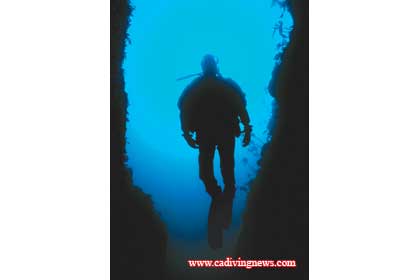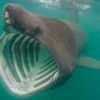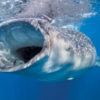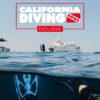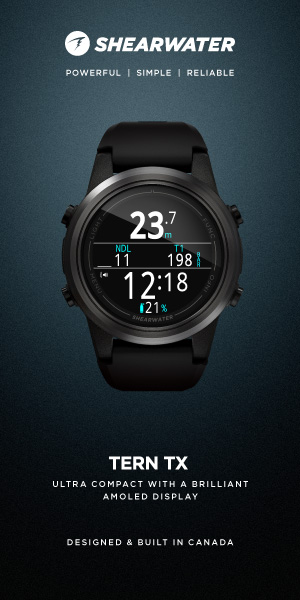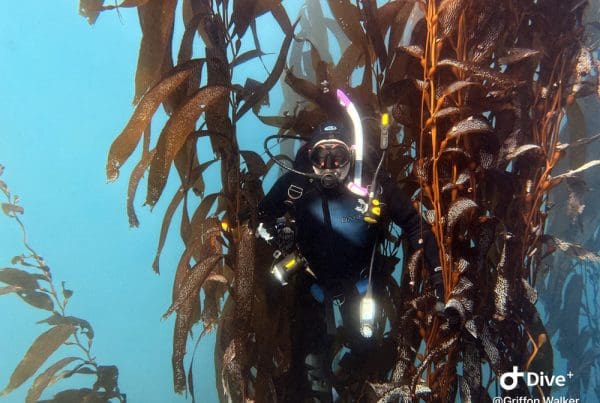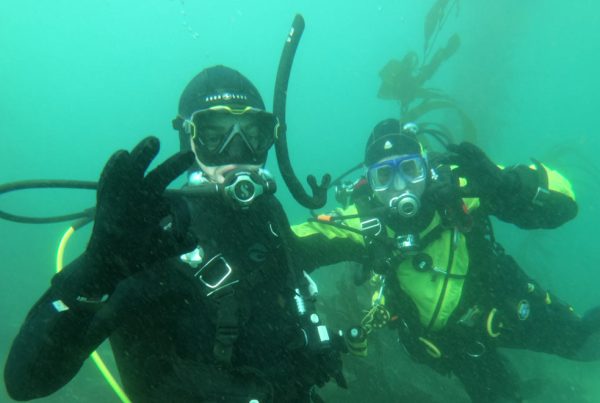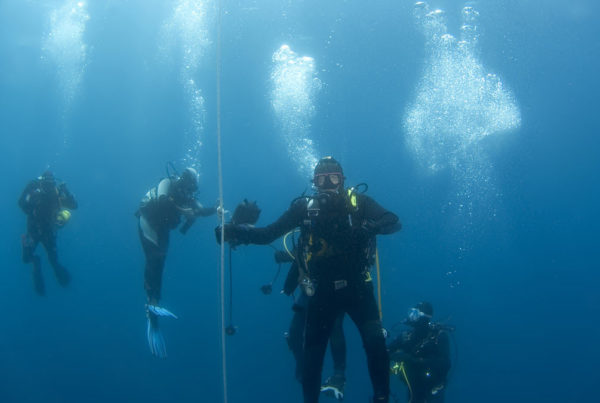Learning to dive is a lot like learning to drive a car. A certification card, like a driver’s license, is a license to learn, rather than an end unto itself. Both of these activities require participants to multitask–maintaining buoyancy, watching depth, time, decompression limits, currents, etc.– and each is difficult to enjoy if you consciously keep track of everything. Like drivers, divers need to gain experience to become comfortable enough to allow their subconscious mind to maintain a background awareness of many of these tasks, while their conscious mind deals with the most important tasks, and–importantly–enjoying the dive.
Your open water class probably involved a lot of repetition–clearing your mask and regulator, assembly and disassembly of your gear, buoyancy control, etc. These activities probably seemed boring and useless at the time, but ideally, they instilled a reflexive, subconscious response to a flooded mask or lost regulator. These skills installed confidence and a level of comfort. However, after your class you still need to maintain and grow your skills, so here are some ideas to keep your skills up and increase your comfort level.
Well before your dive. If you have not dived “in a while” try practicing your skills in a pool, or designated “warm up dive”, or take a refresher curse. So how long is “in a while”? Depends on your comfort level on your last dive and how comfortable you feel about the next. If you normally make a hundred dives a year, and have been out of the water for six months, you probably don’t need a refresher. If you did two dives since your certification class and a year or two has passed, you will most likely need some kind of practice or refresher dive. You should assess your own readiness to dive and use good judgment. The skill of your dive buddy is also a factor.
Take additional classes. While classes alone do not necessarily increase your comfort level, they do encourage you to expand your range of experience and skill under safe, supervised conditions. Classes may also introduce you to local and like-mined divers who may become your best buddy. Finding and diving with a compatible buddy is a great way to increase your level of comfort. Joining a club is another way to meet buddies.
It is also a good idea to make sure your suit and rest of your gear fits well and has been recently serviced. If your wetsuit has holes and your regulator free flows, you will certainly be cold and uncomfortable.
Just before your dive. Organize your gear as you prepare for your dive. If you are on the boat trying to find missing parts of your gear or remembering how to put it together, your stress level will go up and comfort level will go down. Make sure you have a stash of items that are likely to need replacing. Try assembling as much of your gear as possible before heading to the beach or boat, and make sure you remember how to put everything together. Pack using a checklist, and have an organized dive bag(s) where everything can be easily found.
Try visualizing and plan your dive before you suit up. Think about what currents, depths, you might encounter, where your inflator/dump valves are located. Anticipating, and planning for what you might experience is a great way to decrease stress and increase comfort. Remember to do a buddy check to make sure all gear is where you want it and is working properly before you hit the water.
During your dive. After you submerge, take a moment to assess your situation. Take a couple of deep breaths. Is your regulator breathing well? Can you achieve neutral buoyancy? Can you locate all of your valves and gauges? Test your gear so you can trust your gear. Check your air and depth regularly, not constantly. Remember to enjoy the experience and not concentrate totally on the mechanics of diving.
Dive more! Time in the water is perhaps he biggest factor in becoming a comfortable diver. If you only dive once a year, your conscious mind may remember how to dive, your subconscious mind has surly forgotten many of the ingrained skills you learned by repetition during and after your certification classes.
Remember, the definition of an advanced diver has more to do with the diver’s level of comfort, rather than number of dives or classes. Take some time before and during each dive to become comfortable with your gear and the water, and you will enjoy your dive so much more.

